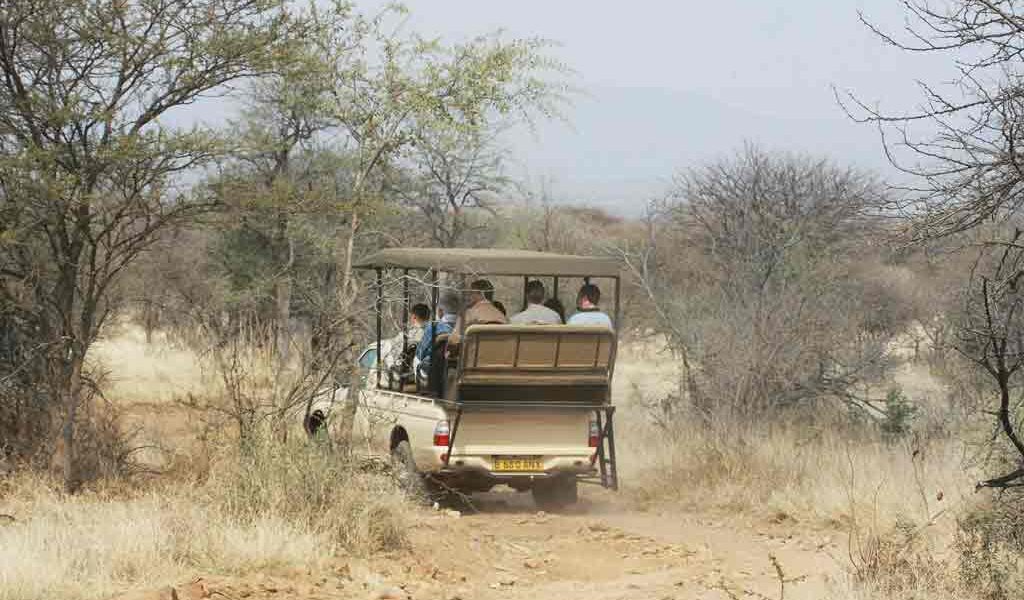Other African countries’ competitiveness still low
TSHIAMO TABANE
In the 2017 Travel and Tourism report, World Economic Forum (WEF) indicates that Botswana and other countries in Sub Sahara Africa will continue to face difficulties in attracting tourists due to low competitiveness.
The T&T Competitiveness Report 2017 which assessed the performance of the 136 economies based on the World Economic Forum’s Travel & Tourism Competitiveness Index (TTCI) shows that when compared with 2015 rankings, Botswana has failed to record significant improvements in global rankings.
At global level, Botswana has been ranked 85 out of 136 countries with an overall score of 3.52 compared to 88 / 141 ranking and a score of 3.4 recorded in 2015. According to WEF, lack of international openness, concerns related to health and hygiene and a gap in tourists’ service infrastructure are top challenges that resulted with failure to record improvements in rankings and demoralize tourists from visiting the country. In international openness and health and hygiene, the country has been ranked 118 out of 136 countries. In air transport infrastructure, ground and port infrastructure and other tourism support-infrastructure the country has been ranked 87th, 89th and 84th respectively.
Compared to its neighboring countries such as South Africa and Namibia, Botswana lacks extensive road and rail connections particularly in the western regions of the country and the challenge is compounded by the underdevelopment of air freight transport that can enable access to tourists’ features. Botswana government has indicated that lack of financial resources impedes sufficient road maintenance and this has resulted with unsafe roads and has scared away potential tourists. Government on annual basis needs around P2 billion to refurbish local roads, but the country fuel levy which is used for road maintenance generates only P720 million, according to recent figures from the Ministry of Transport and Communications. Government has also indicated that due to low levy government cannot purchase thick wire for fences to prevent livestock and wildlife for roaming the roads and improve safety in the roads.
WEF indicated that private and public infrastructure investments such as airport development, accommodation room stock, road and rail, and communication technologies lags behind leading to significant bottlenecks, not only in Botswana, but in majority of African countries. “Such infrastructure is not only critical for the continued development of the travel and tourism industry but also key in providing employment opportunities and regional development,” said WEF.
WEF said air connectivity and travel cost in Africa remain challenges linked to the regulatory framework. “Although most African nations have signed onto the 1988 Yamoussoukro Declaration in an effort to reach a multilateral “open skies” agreement, almost thirty years later, air travel remains inefficient throughout the region. Stifled by concerns about different levels of development, protectionist fears linked to their national carriers, conflicts with competition regulations and lack of dispute settlement mechanism, mean that, to date, it is still difficult for any company to fly to new destinations.”
WEF stated that apart from infrastructure, a number of conditions need to be in place to grow tourism, including the expansion of an African middle class. “Despite sustained economic growth in the past decade, Africa has not seen the same kind of income increases enjoyed by Asian households. As a consequence, only a fraction of African people can afford to travel. While tourism in Europe and, more recently, Asia has been fuelled by intra-regional travel, data reveals that, on average, African tourists spend less of what an overseas tourist would spend.”

